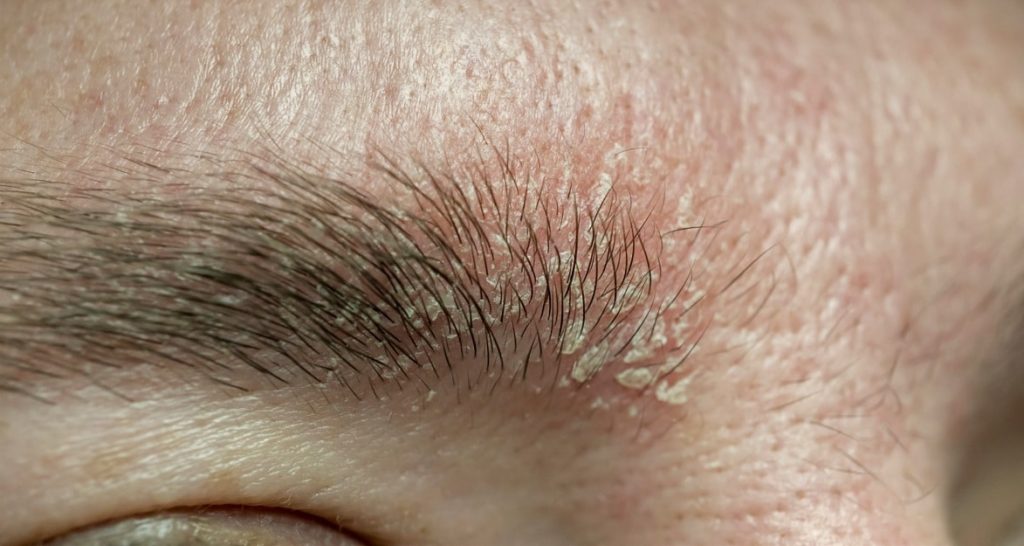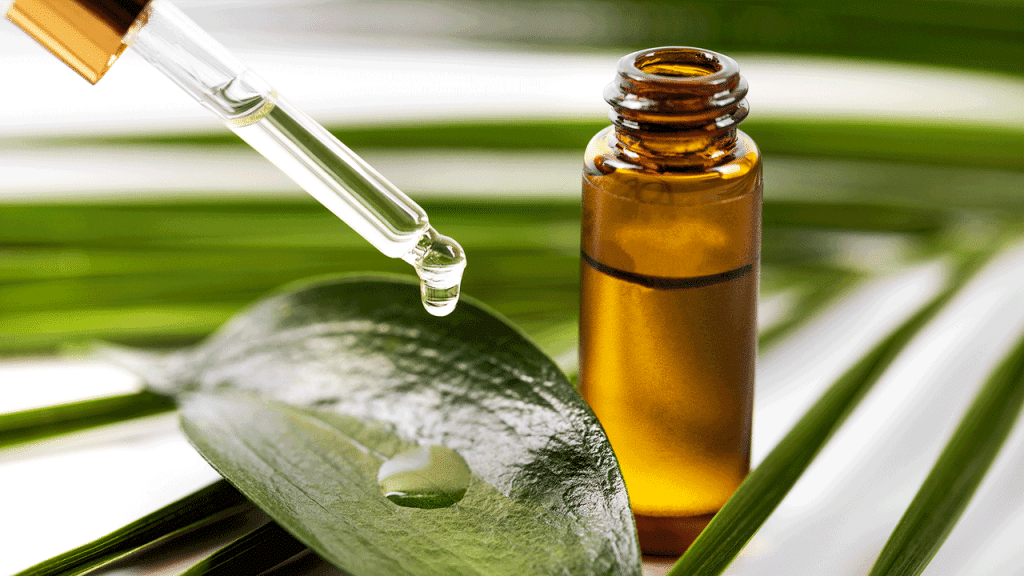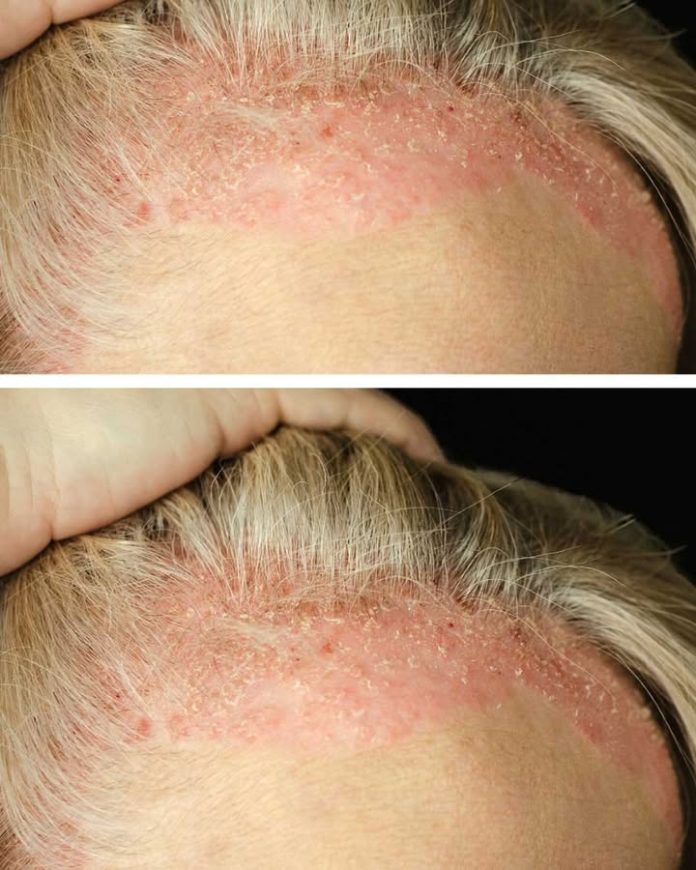Experiencing scaly, itchy skin on the forehead near the scalp can be both uncomfortable and concerning. This condition may arise from various factors, including skin disorders, environmental influences, or reactions to hair and skincare products. Understanding the potential causes and exploring effective remedies can help alleviate symptoms and restore skin health.
Common Causes of Scaly, Itchy Skin in the Forehead-Scalp Area
Several conditions can lead to the development of scaly, itchy patches on the forehead near the scalp:
1. Seborrheic Dermatitis
Seborrheic dermatitis is a prevalent skin condition characterized by red, inflamed skin covered with flaky, white or yellow scales. It commonly affects areas rich in oil glands, such as the scalp, forehead, and sides of the nose. The exact cause is not fully understood, but factors like yeast overgrowth (Malassezia), stress, and hormonal changes may contribute.

2. Psoriasis
Psoriasis is an autoimmune disorder that accelerates the skin cell turnover process, leading to thick, silvery scales and red patches. Scalp psoriasis can extend to the forehead, causing itching and discomfort.
3. Eczema (Atopic Dermatitis)
Eczema is a chronic condition that causes dry, itchy, and inflamed skin. It can affect various parts of the body, including the forehead and scalp, especially in individuals with a history of allergies or asthma.
4. Contact Dermatitis
This condition occurs when the skin reacts to irritants or allergens, such as certain hair care products, leading to redness, itching, and scaling. Identifying and avoiding the triggering substance is crucial for management.
5. Fungal Infections
Fungal infections like tinea capitis (scalp ringworm) can cause scaly, itchy patches on the scalp and forehead. These infections are contagious and require antifungal treatment.
Home Remedies to Alleviate Symptoms
While awaiting professional medical advice, several home remedies may help soothe scaly, itchy skin:
1. Aloe Vera Gel
Aloe vera possesses anti-inflammatory and moisturizing properties. Applying pure aloe vera gel to the affected area can reduce redness and itching.
2. Coconut Oil
Coconut oil acts as a natural moisturizer and has antimicrobial properties. Gently massaging it into the skin can alleviate dryness and prevent infection.
3. Apple Cider Vinegar
Diluted apple cider vinegar may help balance the skin’s pH and reduce fungal growth. Mix equal parts of apple cider vinegar and water, apply to the area, leave for a few minutes, then rinse off.
4. Oatmeal Baths
Colloidal oatmeal has soothing effects on the skin. Taking an oatmeal bath or applying an oatmeal paste can relieve itching and inflammation.
5. Tea Tree Oil
Known for its antifungal and antibacterial properties, tea tree oil can be effective against certain skin conditions. Dilute a few drops in a carrier oil before applying to prevent irritation.

6. Humidifier Use
Dry indoor air can exacerbate skin dryness. Using a humidifier adds moisture to the air, helping maintain skin hydration.
7. Gentle Exfoliation
Lightly exfoliating the area with a soft cloth can remove dead skin cells. Avoid harsh scrubbing, which can worsen irritation.
8. Over-the-Counter Treatments
Medicated shampoos containing ingredients like salicylic acid, coal tar, or ketoconazole can help manage conditions like seborrheic dermatitis and psoriasis. Follow the product instructions carefully.
When to Consult a Healthcare Professional
Seek medical attention if:
- Symptoms persist or worsen despite home treatment.
- You experience significant discomfort or pain.
- There are signs of infection, such as pus or increased redness.
- You have a history of skin conditions requiring specialized care.
A dermatologist can provide a definitive diagnosis and recommend appropriate treatments, which may include prescription medications or therapies.
To minimize the risk of developing scaly, itchy skin:
- Use gentle, fragrance-free skincare and haircare products.
- Maintain a regular moisturizing routine.
- Avoid known allergens or irritants.
- Manage stress through relaxation techniques.
- Protect your skin from extreme weather conditions.
Scaly, itchy skin on the forehead near the scalp can result from various conditions, each requiring specific management strategies. While home remedies may provide temporary relief, persistent or severe symptoms warrant professional evaluation. Early intervention and appropriate care can lead to effective symptom control and improved skin health.

















